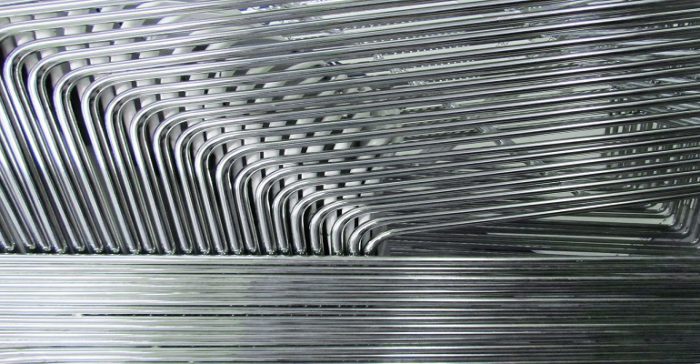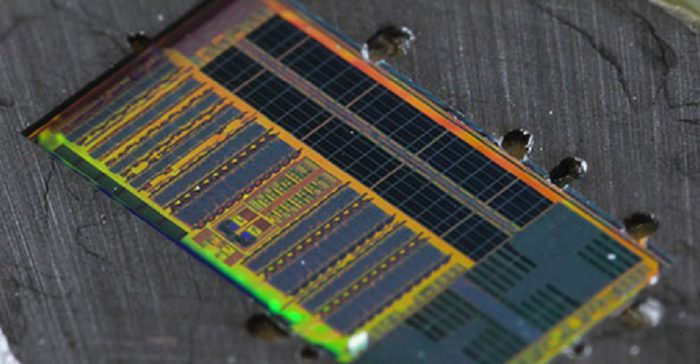Metal Muscles Make Refrigeration More Efficient
Shape memory alloys the basis for more efficient refrigerant-free cooling Gizmag, February 8, 2016. Image credit: By preserving our food and keeping our buildings comfortable in hot weather, mechanical cooling systems have been a boon, but with their refrigerant gases and high power consumption they’re not exactly environmentally friendly. In an effort to make a … Read more




